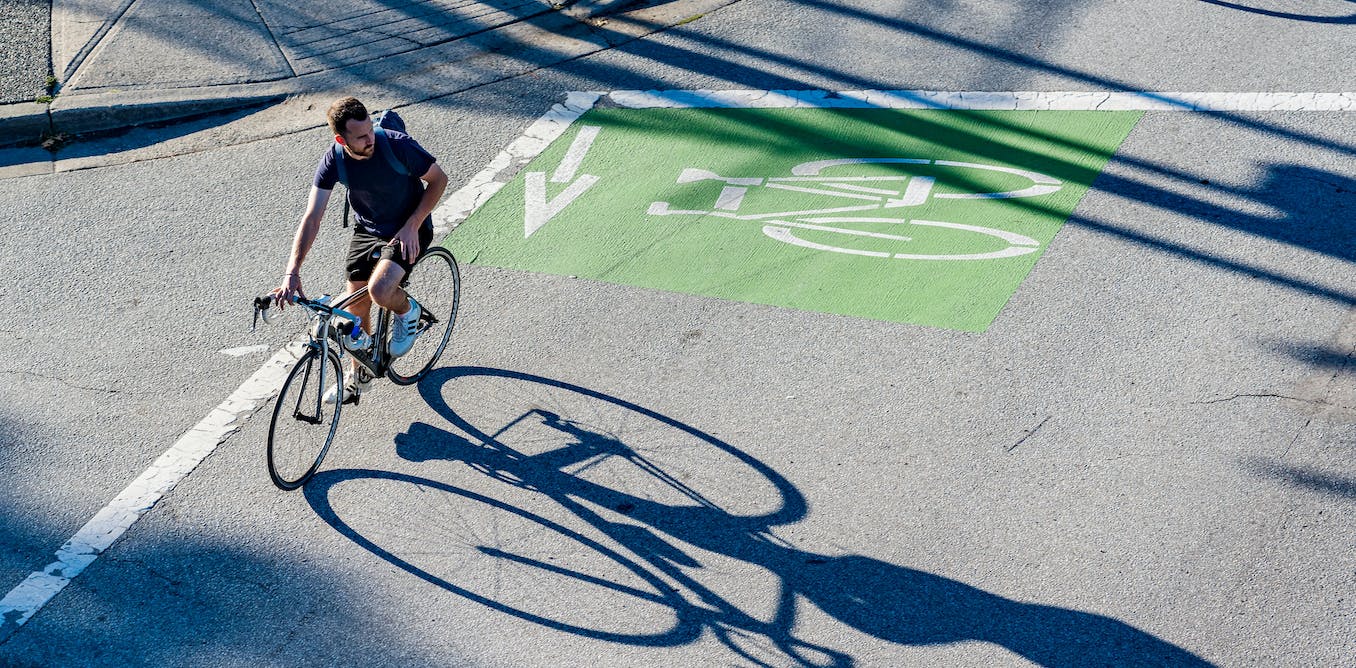Globally, only one in 50 new cars were fully electric in 2020, and one in 14 in the UK. Sounds impressive, but even if all new cars were electric now, it would still take 15-20 years to replace the world’s fossil fuel car fleet.
The emission savings from replacing all those internal combustion engines with zero-carbon alternatives will not feed in fast enough to make the necessary difference in the time we can spare: the next five years. Tackling the climate and air pollution crises requires curbing all motorised transport, particularly private cars, as quickly as possible. Focusing solely on electric vehicles is slowing down the race to zero emissions.



Why not? Once regular people do environmentally friendly things, we’ve essentially won, because that means the environmentally friendly things is the most reasonable and cost effective things. As in, we’ve normalized the desired behavior.
Getting a billionaire to change isn’t going to work, that’s like trying to push a goat in the direction you want them to go. That hasn’t worked in the past, and it’s not going to start now.
Focus on where the efforts are most likely to actually have an impact. We should be improving mass transit, pushing cars outside of cities, and encouraging cycling. That will cut road maintenance costs, drastically reduce traffic, and improve the health of the average person. Let billionaires do what they want, let’s make cities something people want to live in. That starts by focusing on the guy that makes $40k/year and making sure he can get to work and back efficiently.